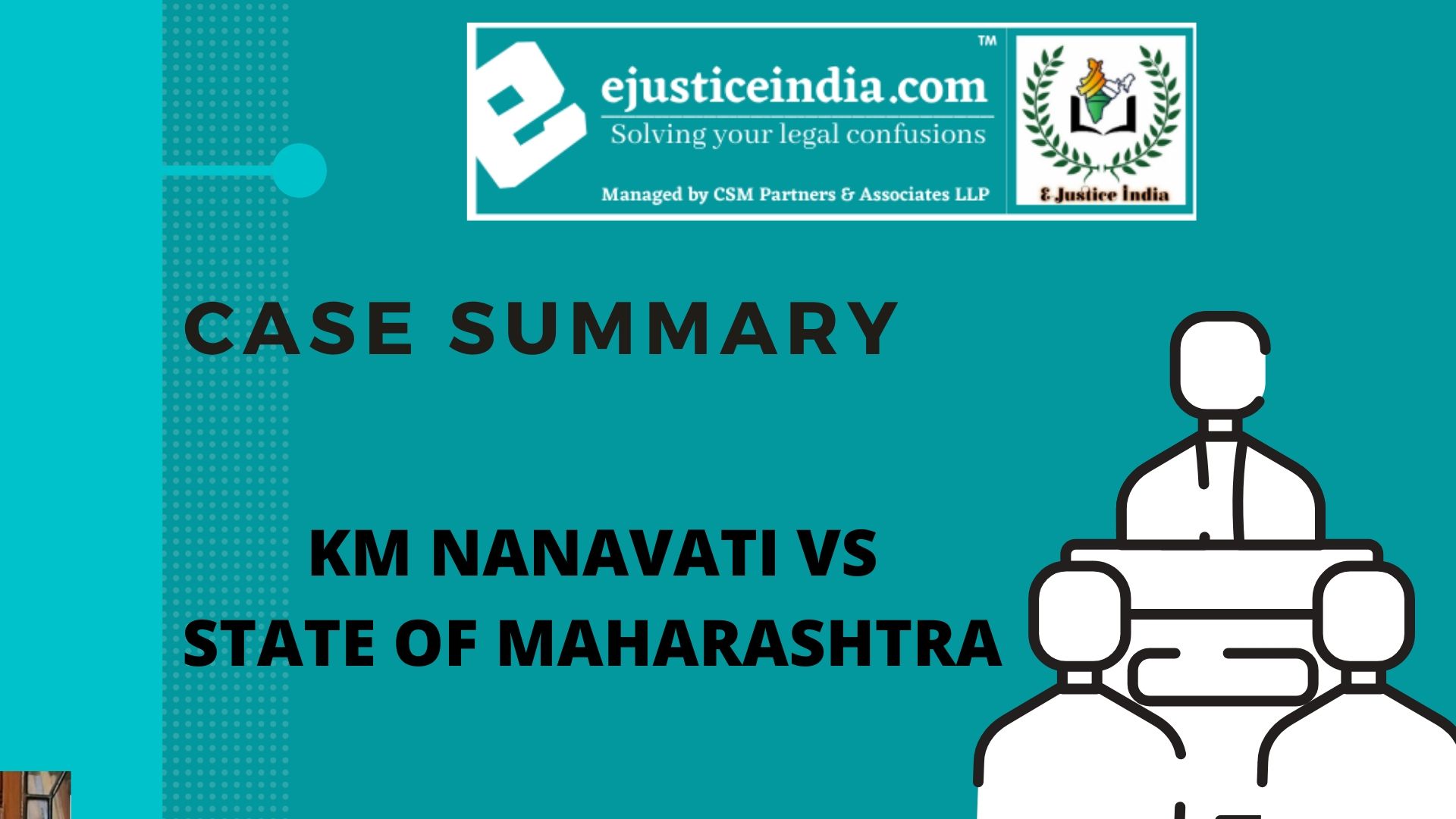MINERVA MILLS LTD. AND OTHERS VS UNION OF INDIA AND OTHERS
CASE NAME : MINERVA MILLS LTD. AND OTHERS VS UNION OF INDIA AND OTHERS
AUTHOR : VARNIKA VERMA
CITATIONS
AIR 1980 SC 1789
(1980) 3 SCC 625
(1980) 2 SCC 591
[1981] 1 SCR 206
MANU/SC/0075/1980
BENCH
Chief Justice A.C. Gupta, Justice Y. V. Chandrachud, Justice N.L. Untwalia, Justice P.N. Bhagwati Justice P.S. Kailasam.
INTRODUCTION
Minerva Mills Ltd. and Ors v/s Union of India and Ors is one of the most important judgments which guarded the ‘basic structure’ of the Constitution form being amended by the Parliament of India.
Article 368(4) and 368(5) were introduced by Section 55 of the 42rd Amendment Act, Article 368(5) conferred Parliament unlimited power to amend the Constitution of India whereas Article 368(4) deprived the Court of its power of judicial review over Constitutional Amendments. Therefore, Article 368(5) was struck down and Article 368(4) also violated basic structure, hence, held unconstitutional.
It was also stated in the case that merely because directive principles are non-justifiable it does not mean that they are subservient to fundamental rights and destroying fundamental rights in order to achieve goals of directive principles amount to violation of basic structure.
Further it was said that goals of directive principles must be achieved without abrogating fundamental rights as they enjoy a high place in constitutional scheme, both fundamental rights and directive principles must be read in harmony thus the amendments in Article 31C introduced by Section 04 of the 42nd Amendment Act was held unconstitutional.
FACTS
- Minerva Mills Ltd. was a limited company that deals in textiles in Karnataka. The other petitioners were the shareholders in Minerva Mills.
- In the year 1970, the Central Government, appointed a committee under section 15 of the Industries (Development & Regulation) Act, 1951 to make an investigation of the affairs of Minerva Mills Ltd.
- In 1971, the Central Government passed the order under Section 18A of the 1951 Act that authorized the National Textile Corporation Ltd. to take over the management of the Mills on the ground of mismanagement of the company affairs.
- Hence, this undertaking was taken over by the Central Government under the provisions of the Sick Textile Undertakings (Nationalization) Act 1974; petitioners challenged this order before the High Court. The High Court, however, dismissed their petition.
- The petitioners, therefore, filed a writ petition before the Hon’ble Supreme Court under article 32 of the Constitution of India, 1950 and challenged the constitutionality and validity of Sections 5(b), 19(3), 21, 25 and 27, of the Sick Textile Undertakings (Nationalisation) Act, 1974, the Order of the Central Government and the primacy given to the Directive Principals of State Policy over the fundamental Rights.
ISSUES
Whether Sections 4 and 55 of the 42nd Amendment Act, 1986 are constitutional?
Whether Part IV the Directive Principles of State Policy should be given supremacy over Part III fundamental rights guaranteed under the Constitution of India?
JUDGMENT
By the majority of 4:1, the Apex Court held the Section 4 of the Constitution (42nd Amendment) Act, 1976 are unconstitutional on the ground of violation of the basic structure. Similarly, Section 55 of the Constitution (42nd Amendment) Act, 1976 was also held unconstitutional unanimously.


